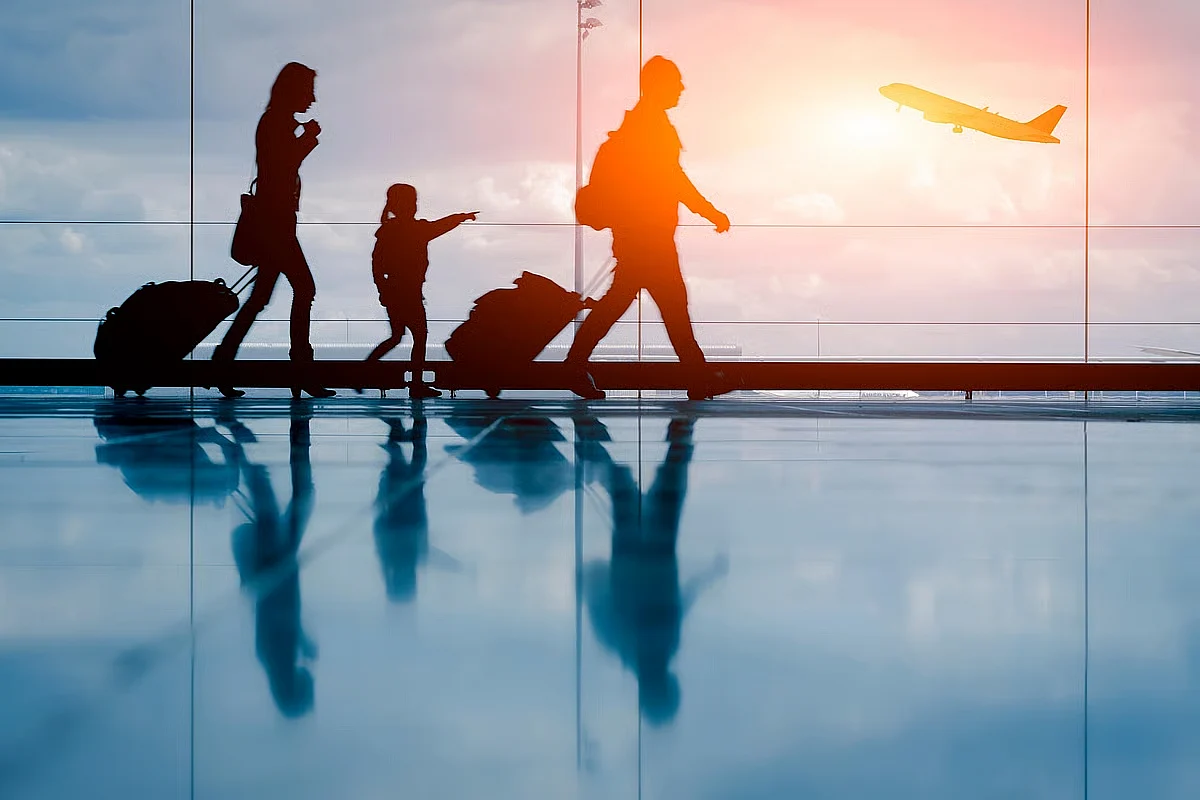
Why Employee Happiness Might Be The Best Travel Policy A Company Ever Writes
In today's corporate world, business travel isn't just a line in the budget, it's a strategic instrument. But too often, companies measure travel by how many trips employees take, or how much they spend, not by how energised, productive, and loyal the traveler returns. In 2026, the smartest organisations will realise that investing in how employees experience travel can yield even bigger returns than saving on tickets (GBTA, 2025; Deloitte, 2025).
After the turbulence of the pandemic years, travel is making a confident comeback. In 2024, global business travel spending reached $1.47 trillion, slightly below the prior estimate of $1.48 trillion and the pre-Covid 2019 record, according to the GBTA Outlook – Annual Global Report & Forecast published in July 2025. Meanwhile, in the Middle East, business travel spending in 2024 reached about $18.1 billion, and was expected to keep growing at a 6.1 per cent CAGR in 2025.
Recommended For YouYet while budgets are rising, so is scrutiny. Deloitte's 2025 report shows 74 per cent of travel managers expect larger travel spend this year, but 20 per cent of companies with more than $7.5 million in 2024 travel spend expect budget declines in 2025, and only 59 per cent expect increases. At the same time, travelers report frustration with last-minute changes, booking constraints, and jet lag based fatigue.
That means companies must not just travel more, they must travel better. ROI in travel is shifting: it's not about volume anymore, but about 'impact'.
In regions like the UAE or Saudi Arabia, where competition for talent is fierce, travel policy becomes a signal of how much a company values its people. If an employee knows their itinerary includes built-in rest, buffer days, fewer back-to-back meetings, or even choices for preferred hotels, that adds to psychological safety, loyalty, and engagement, all of which contribute to ROI in subtle but measurable ways.
Consider this: high-performing employees, when well-supported, are more likely to close deals, nurture clients, and act as brand ambassadors. Conversely, a burnt-out employee returning from a trip is less effective. We have seen that if travel policy ignores human factors, the hidden costs - fatigue, lost productivity, attrition - can outweigh any price saved on flights.
What a people-first travel policy looks like
A people-first travel policy is built on smart flexibility, not endless options. Leading organisations, especially in the UAE and Saudi Arabia, now allow employees modest freedom to adjust itineraries, add buffer days, or manage schedules without layers of approval. These small changes reduce fatigue and improve focus of staff during travel, and are not a high cost to implement.
Many also plan trips more strategically, combining meetings and market visits to cut unnecessary travel and time-zone fatigue. Rest breaks and downtime are no longer afterthoughts but built-in productivity tools. Post-trip feedback helps companies refine policies. Data now tracks not just the money spent but the outcomes; which trips delivered revenue, strengthened relationships secured or client wins, and how these results correlate with employee satisfaction. These new policies aren't luxuries; they are 'strategic levers'.
The Middle East has already outpaced many regions in travel rebound. Business travel spend is now 19.4 per cent above pre-COVID levels. Cities like Dubai, Riyadh, and Doha are reinforcing their status as regional business hubs, meaning more corporate journeys, more competition for talent, and more pressure on travel policies to be smart, not just permissive.
When a UAE company offers a travel policy that respects well-being and autonomy, it stands out. In a region where business class, hotel luxury, and service quality are high expectations, getting traveler experience right can reinforce brand, culture, and relationships, both internally and externally.
The bottom line
In 2025, the ROI of a travel policy will be judged not just in cost per trip, but in how energised, engaged, and effective the person returns. Companies that write travel policy around human experience, while maintaining oversight and accountability, will unlock a multiplier. They'll see fewer frustrated employees, more winning deals, and a culture that says: 'We invest in you.'
Employee happiness drives results. In travel strategy, it may turn out to be one of the smartest policies a company ever writes.
The writer is CEO & Co-founder, musafir.

Legal Disclaimer:
MENAFN provides the
information “as is” without warranty of any kind. We do not accept
any responsibility or liability for the accuracy, content, images,
videos, licenses, completeness, legality, or reliability of the information
contained in this article. If you have any complaints or copyright
issues related to this article, kindly contact the provider above.
















Comments
No comment